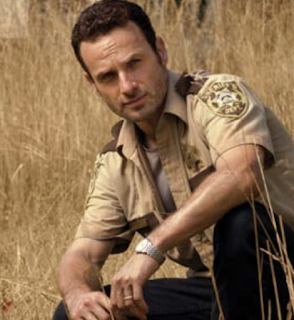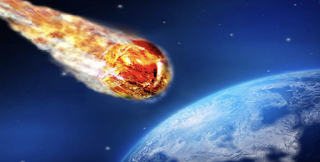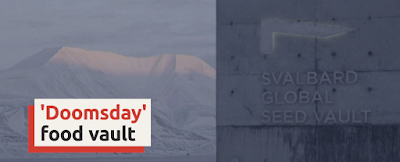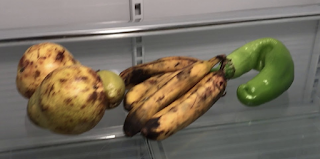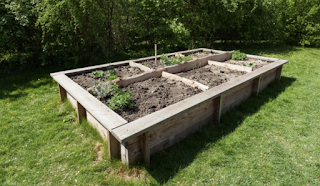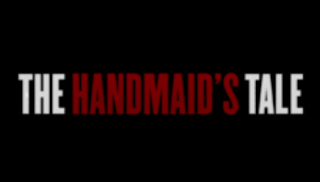On March 12th (of this year) I had open heart, double bypass surgery. Yes, me; a 60-year-old, fairly healthy person who walks on average six miles a day, goes to the gym four times a week and eats pretty damned healthy.
One artery (the LAD, known as the widowmaker) was 70% blocked. Not good I was told. Worse yet another artery on the right side was 100% blocked. That meant, I was told, somewhere in the recent past I suffered a heart attack.
I never had a symptom with either blockage. No shortness of breath, no unusual sweats, no dizziness, no chest pain, no nothing. But the damage was done and I was scheduled for surgery six days after my second angiogram. If the professionals say you need heart surgery, then so be it. Who am I to argue.
(I don't look like I'm suffering too badly)
That was four weeks ago, my friends. I've worked hard at focusing on my recovery and, as such, I've made a lot of progress in those four weeks. I was home only four days after surgery, so my decent recovery began in the hospital.
The day I came home the stuff got real with the Corona Virus. That was March 16th. Since then... well, we all know what's gone down.
Yes, it has been slightly reminiscent of the opening episodes of The Walking Dead. If I had a sheriff outfit, I'd be ready. But alas, all I can do is watch and smile like most in my position are doing (I warned you something like this could happen. I warned you!).
(Me without the mask... maybe)
So, I'm well on my way to full recovery and all around me the world has come to a screeching halt. Welcome to the new normal, people. And after this, there will be another new normal followed by another and another. Things will change from how they were prior to March of 2020. And a lot of the changes will be permanent.
Okay, so what caused my health issues some will ask. My answer will be blunt and to the point:
- Forty years of smoking
- Type II Diabetic
- I've always dealt with stress badly
I'm not going to lecture on any of the above. I knew smoking was bad for me and would eventually catch up (we all know that). I got diabetes when I lost 70 pounds. And I'm just crappy when it comes to dealing with stress and anxiety (and I always have).
I'm lucky, this could have ended really really really bad if it hadn't been caught (quite by accident back on January 16th). My best advice is to take care of your body. It's the only one you get.
So, I'm back to writing and creating more fodder for my family, friends, and readers. This has caused a set back in the timing for the release of book five in the No Where Apocalypse. But don't worry; I'll still get that published before fall.
Until then, everyone take care!
e a lake

